The Tour du Valat Estate in the Camargue region in southern France is demonstrating how wetlands can be rewilded for the benefit of nature and people. Membership of the European Rewilding Network will enhance the estate’s rewilding efforts.
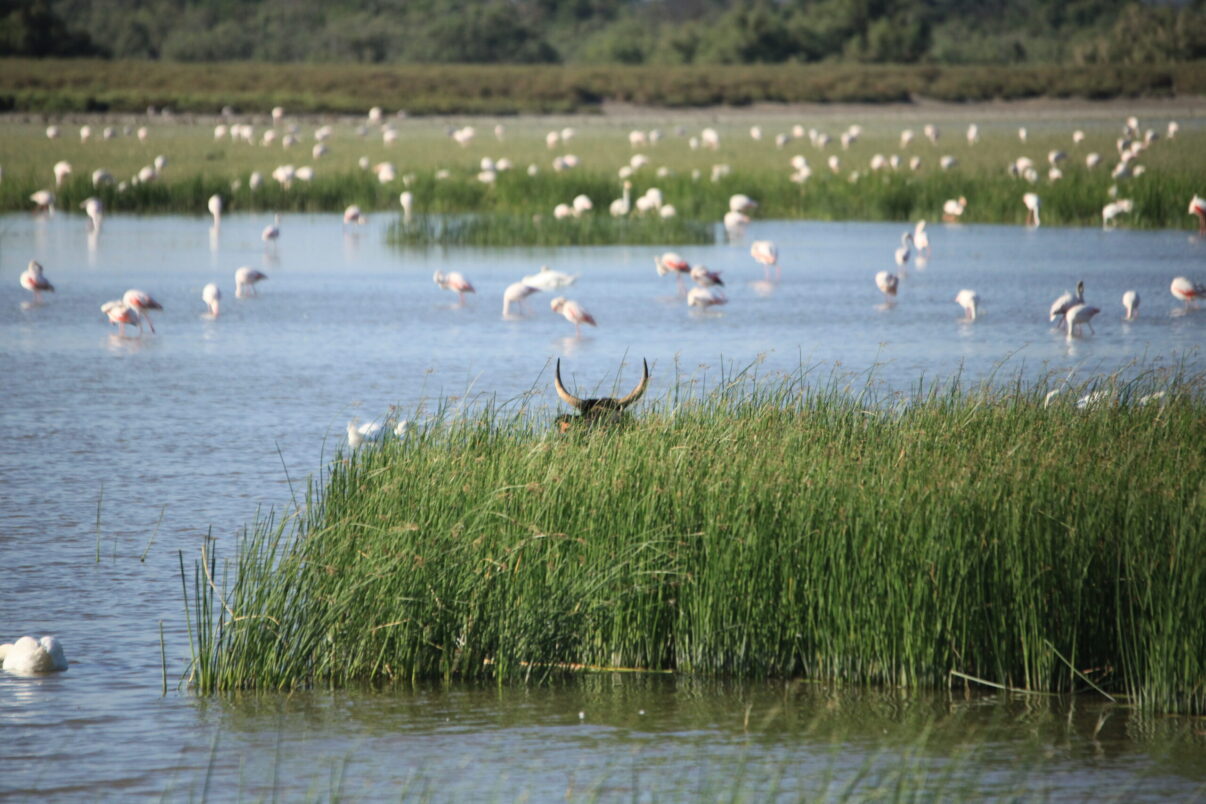
Wetlands on the edge
Coastal wetlands are hugely valuable ecosystems – they not only support a diverse range of wildlife, but also help to filter water, absorb and store significant amounts of atmospheric carbon, and protect communities from flooding and storm surges. Yet half of all such wetlands disappeared over the course of the twentieth century, squeezed out of existence by human land use on one side, and sea level rise on the other.
The decline of coastal wetlands in the Mediterranean has followed this trend. Between 1960 and 1990 they halved in size, as the pressures of urbanisation, tourism, agriculture and industry took their toll, and coastlines retreated. Climate change continues to disrupt water balances, leaving remaining wetland ecosystems increasingly degraded and fragile.
Learning by doing
The goal of private French foundation Tour du Valat, which began life in 1954, is to conserve Mediterranean wetlands by better understanding how they function and improving their management. The unique 2600-hectare Tour du Valat Estate, which is located in the vast Camargue wetland on France’s Mediterranean coast, acts as the foundation’s testing ground. Here it carries out various socio-economic, cultural and scientific activities, refining management of the site to maximise its value to both nature and people, and enabling the foundation to advocate for and advise on wetland conservation. Various habitats within the estate have been restored, as have natural processes such as flooding and natural grazing.
The Tour du Valat Estate has just become the latest member of Rewilding Europe’s European Rewilding Network (ERN). With many other members involved in wetland rewilding and management, the initiative’s inclusion will strengthen the network’s collective expertise and help the foundation as it continues to rewild the estate.
“We are thrilled to be joining the ERN because the experience and knowledge of other members will help us to advance the recovery of nature on the estate,” says Arnaud Béchet, a Research Director in Ecology at Tour du Valat. “We believe nature recovery is a fantastic opportunity to bolster the socio-economic resilience of an area like the Camargue, which is facing unprecedented global pressures, such as climate change and urbanisation.”
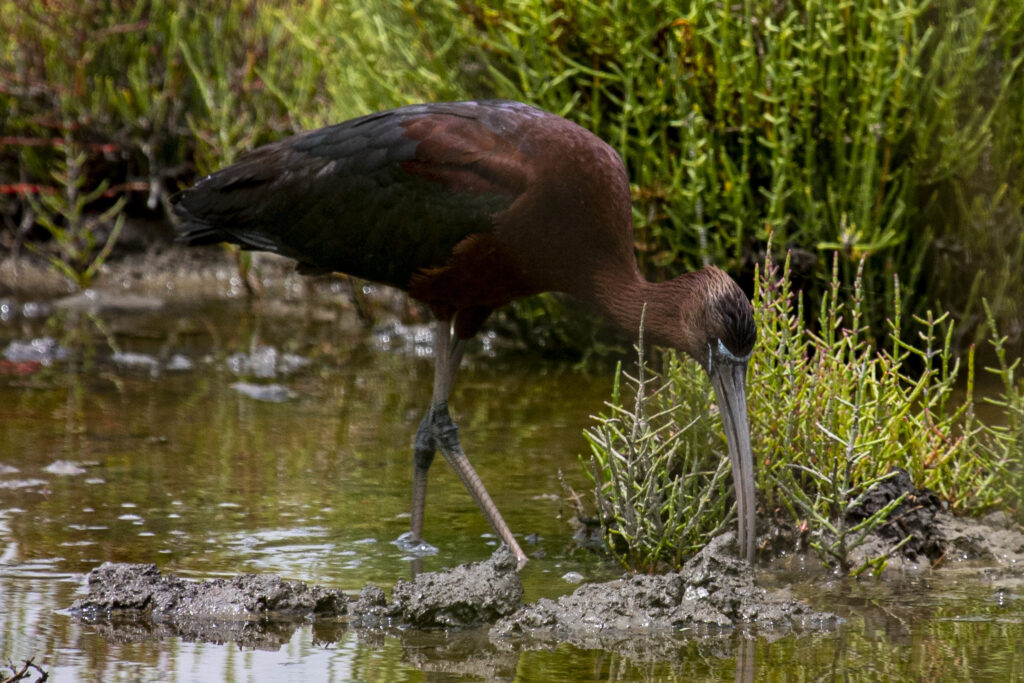
Unique biodiversity
The Tour du Valat Estate covers a total area of 2649 hectares in two different areas of the Camargue. The main area, which extends over more than 2500 hectares, is located on an old arm of the River Rhone (this is known as the Tour du Valat Estate). Of this, 1845 hectares is listed as a regional nature reserve, which is located inside a RAMSAR site, a Natura 2000 area, a Natural Regional Park, and a Biosphere Reserve.
Natural habitats on the estate are typical of the Camargue, including temporary marshes and fossil dunes (hardened sand dunes shaped by the wind), as well as large expanses of sansouire (saltmarsh). These habitats are home to an incredibly diverse flora and fauna, including 590 plant species, over 300 bird species, and more than 1600 invertebrates. These all depend on a complex web of interactions which have evolved to cope with salinity, winter floods, and summer droughts.
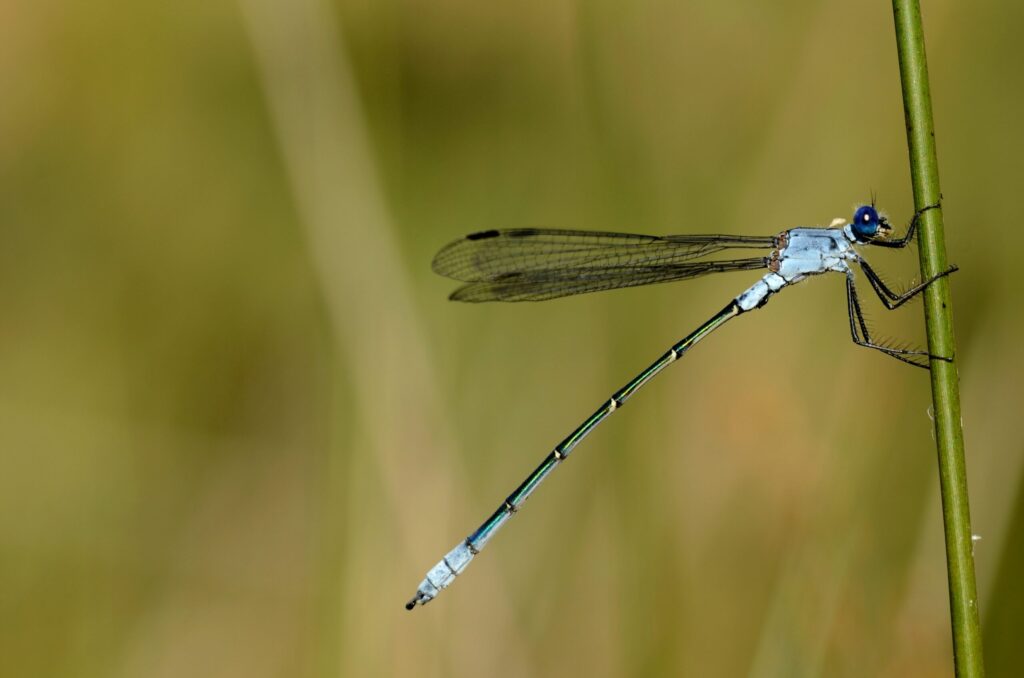
Rewilding efforts
Ongoing work is being carried out to restore a more natural flow of water on the Tour du Valat Estate. Increased flooding in the winter is helping the site to host large waterbird populations, which have made the Camargue famous for birdwatching. Areas of reedbed have been restored to support the Eurasian bittern. On higher ground, areas of dry grassland have been restored, leading to regular breeding of the collared pratincole and the return of the little bustard.
Traditional Camargue horses and bulls are raised on the estate. These large grazers are key elements of the Camargue’s cultural identity, but they also play an essential ecological role by enhancing biodiversity through their low-intensity grazing.
In 2021, the International Union for Conservation of Nature (IUCN) admitted the Tour du Valat Estate to the IUCN Green List of Protected and Conserved Areas – the global standard for recognising the best-managed sites on the planet.
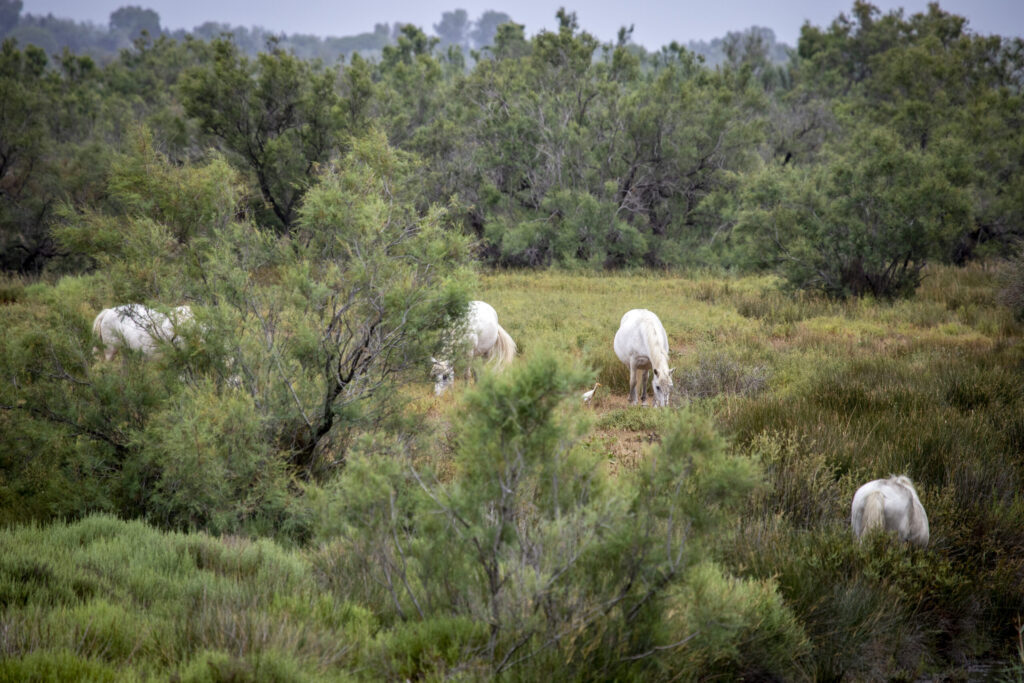
Wetlands-based climate change adaptation
Scaling up nature recovery is our best chance of successfully mitigating the worst impacts of climate change. Investing in nature-based solutions – including the smarter management of wetland and agricultural land – has the potential to deliver 30% of the climate solutions we need by 2030.
The management of wetlands and coastal ecosystems also needs to adapt to the new realities of a hotter planet, with more climate extremes, particularly in the Mediterranean. The iconic landscape of the Camargue, for example, is threatened by decreasing freshwater input from the Rhone, caused by hotter summers and disappearing alpine glaciers, as well as sea level rise. Rewilding gives nature more space to adjust, which in turn safeguards the benefits that nature provides to people.
By pioneering science-based interventions, showcasing solutions, and delivering powerful advocacy, the Tour du Valat Estate is making the case for the kind of investment and action needed to scale up rewilding, which can deliver game-changing benefits to people and nature. Rewilding Europe is proud to welcome the estate to the ERN as an inspirational example of rewilding in action.
A platform for exchange
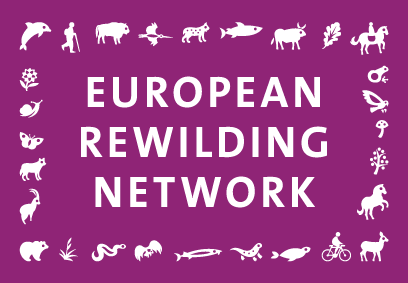 Today rewilding is gaining momentum as a progressive and effective approach to conservation in Europe. Underpinning this trend, the burgeoning ERN continues to foster collaboration and amplify results.
Today rewilding is gaining momentum as a progressive and effective approach to conservation in Europe. Underpinning this trend, the burgeoning ERN continues to foster collaboration and amplify results.
Founded by Rewilding Europe in 2013, the aim of the ERN is to enhance the efforts of each member by facilitating the exchange of skills, insight and experience. Members meet regularly, usually via webinar, while nature-based businesses can also apply to Rewilding Europe Capital, Rewilding Europe’s enterprise loan facility.
Rewilding Europe extends a warm welcome to all European rewilding initiatives that focus on practical, result-oriented rewilding and encourages them to apply for ERN membership.
